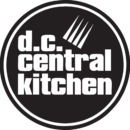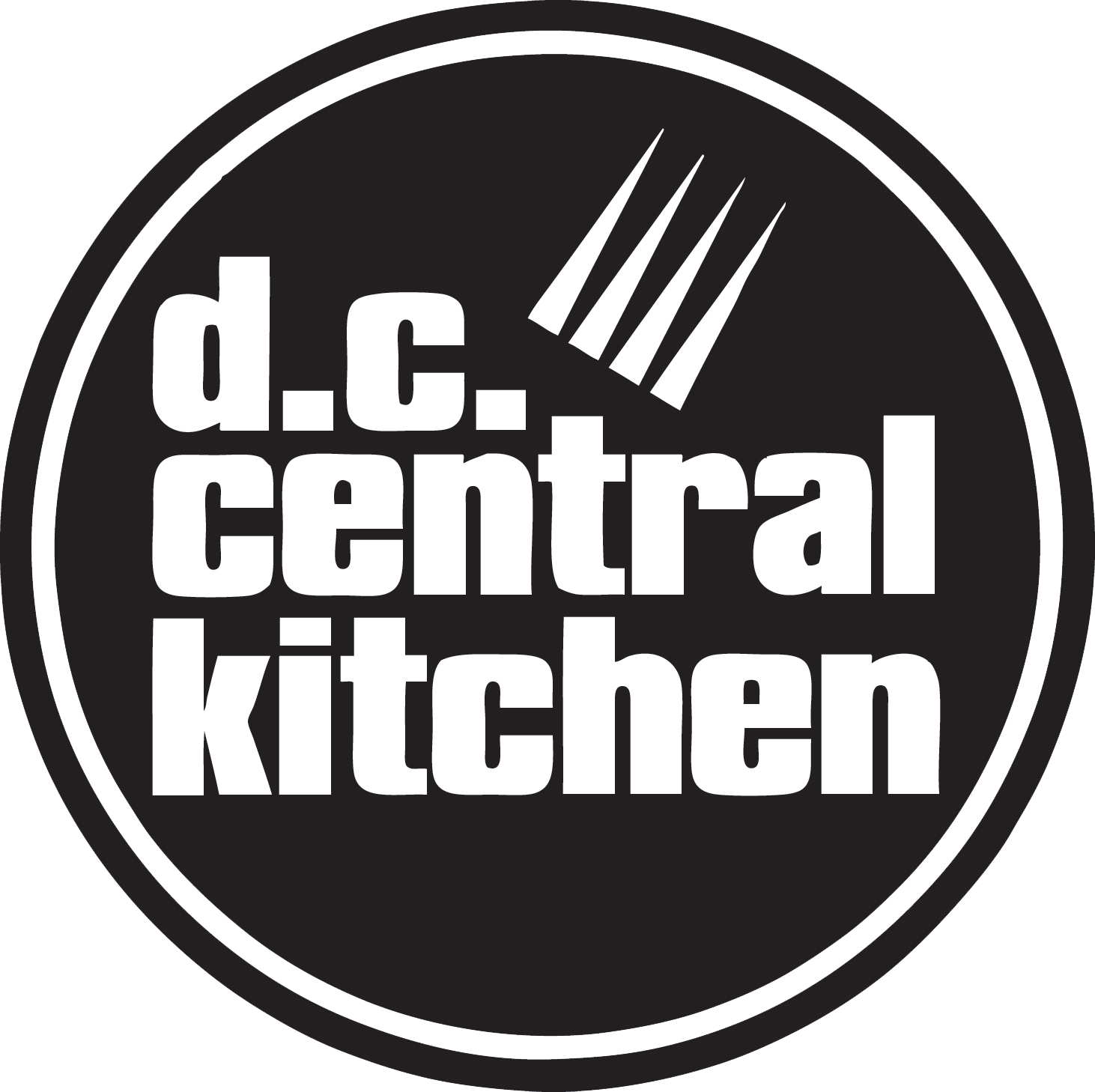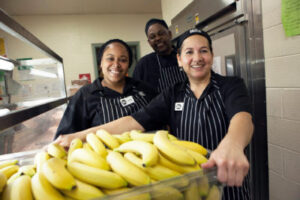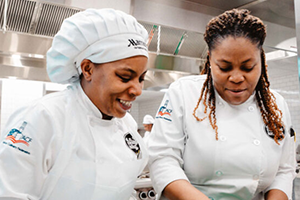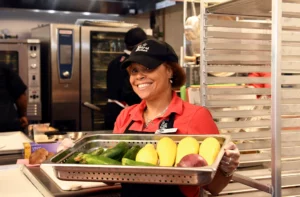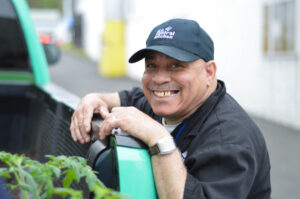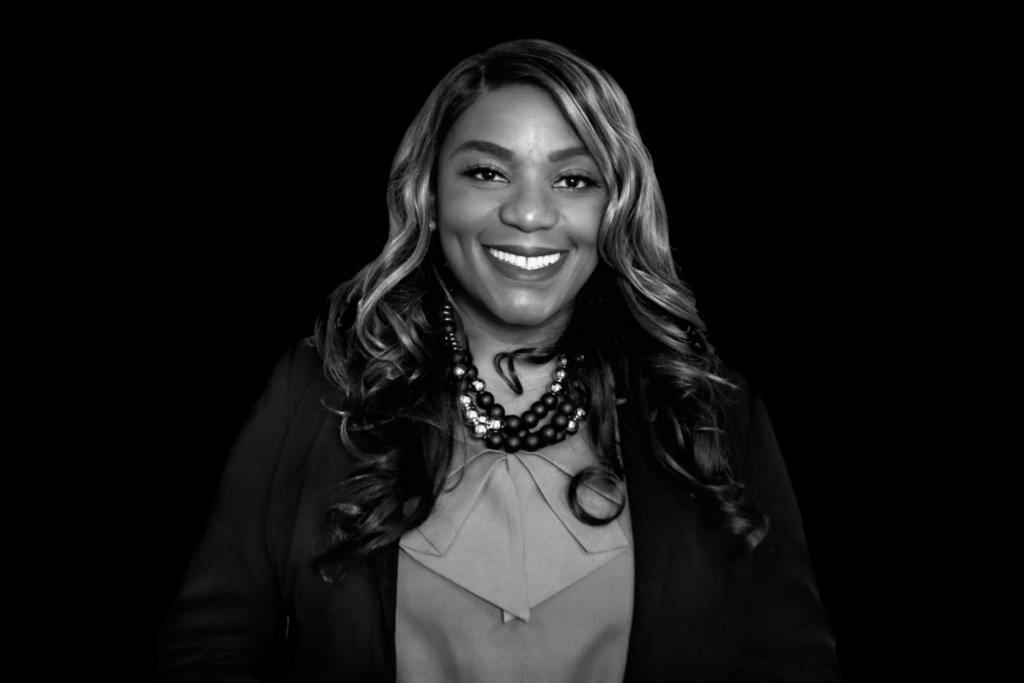The Washington Business Journal is recognizing our very own Dr. Tochukwu (Tee) Okasi-Nwozo as one of the region’s leading innovators in the human resources sector with the prestigious 2023 HR Impact Award.
A seasoned Human Resources professional with a MBA from Georgetown University and a PhD from Howard University, Dr. Tee has overseen our talent development and management strategy, including hiring, employee engagement, career development, and performance management, as our Chief Human Capital Officer since 2016. With her dual passions for empowering people and pushing the creative boundaries of social enterprise models, Dr. Tee supports the continued growth of DCCK students and staff by facilitating Gallup Strengths-based professional development workshops and developing human-centered systems across our organization.
In other words, she is DCCK’s go-to teacher, coach, advocate, and systems engineer and the embodiment of what the HR Impact Award stands for. To celebrate her latest achievement, we sat down with Dr. Tee to discuss her approach to leadership and how she sees our new headquarters, The Michael R. Klein Center for Jobs & Justice, expanding our impact for years to come. Check out our full Q&A below.
What motivated you to pursue a career in Human Resources?
When I started my career, I went into Security Operations Management. I’ve always liked the business side of things, and I’ve always liked systems and structure. But I quickly learned that my favorite part of the job was working with my team. At the time, I managed a lot of seasoned security personnel, and when I thought of transitioning into a new role, I realized that I wanted to enter a space or a career where I could connect with more people.
Over time, I found that I wanted to connect more intentionally with individuals and build people-focused systems. If I could connect with more people, then that would create more joy for me. If I could create thoughtful systems for an entire organization, then I would find the satisfaction I was looking for. So, I decided to stay within the same company and transitioned into a Human Resources position, which is how my career in Human Resources started.
How would you describe your overall approach to leadership?
My definition of a leader is a facilitator of talent. For a facilitator of talent, successful leadership looks like self-awareness and growing with your team. When I think about the people for whom I’m responsible, I think about what they are bringing to the table. This is where Gallup Strengths Finders comes in handy. When I see someone’s strengths, I can help that person nurture and develop those strengths.
At the end of the day, it’s about helping everyone understand what specific role they play in achieving our overall mission. I know that the people who work for me are not following me – they’re following the vision. They’re actively moving toward developing their goals because of their own connection to the vision. So, I think leadership is the ability to see that connection and illuminate it. The work then becomes just helping people understand their superpowers.
This same belief system informs DC Central Kitchen’s Careers Pathways plan, which is all about helping people navigate their own personal journey while working at DC Central Kitchen and in future positions at other organizations. I stay connected to everyone who has ever worked for me, and I always tell them, “you don’t forget what you learned while you’re here.” If they can remember what they learned here at DC Central Kitchen, then they will be successful anywhere.
How long have you been with DC Central Kitchen? What brought you to the Kitchen?
I’m a bit of a planner, so I will often sit with myself and think about the next steps I want to take in my life. Prior to joining DC Central Kitchen, I pursued an MBA at Georgetown, and while there, I was introduced to the concept of social entrepreneurship. I just fell in love with it. I started thinking, where are the social enterprises in DC? It was a relatively new concept at the time. So, I started seeking a career in social entrepreneurship while also reflecting on the ways I could become a Human Resources Executive.
When I saw that DC Central Kitchen was a social enterprise seeking a Chief Human Capital Officer, everything just came together. This role checked all my boxes. That was seven years ago, and it truly was the dream job that I had been thinking about for some time.
What is your favorite thing about working at DC Central Kitchen?
I love how we are a human-centered organization. On the one hand, I get to create structures and plan systems, which is what I used to say I loved the most about Human Resources work. However, after having worked here for seven years, there’s an element of connecting with people that is essential. Particularly in this new building, a place where everyone is seeing each other and interacting all the time. It’s such a beautiful thing that brings you back to what matters. In this space, you are constantly reminded that the mission is about the people. So, I love that aspect of DC Central Kitchen.
Why is DC Central Kitchen’s mission to use food as a tool to strengthen bodies, empower minds, and build communities personally meaningful to you?
To me, it’s very much the “give a man to fish” analogy where if you give person a meal, you are feeding them for one day. But if you use that same resource – food – to create jobs and plug the gaps created by poverty, then you are “teaching a man to fish, so he will have food for life.” I think our model is incredibly profound and thoughtful in that way. The idea of using food as a tool to solve these multipronged problems like poverty, rather than just feeding people, is what I find most personally meaningful.
How is DC Central Kitchen’s new headquarters allowing the organization to evolve?
The one word I think of is “capacity.” You hear “capacity”, and you may immediately think “space and growth”. However, I also think that translates into us stretching as individuals as well. We get to challenge ourselves as an organization. We get to pursue different possibilities and ask what’s next for each of us? For me, there’s always a translation of what “capacity” means on an individual level. It’s ultimately about individual capacity. This new building allows us to think about the people side of our growth, instead of just thinking about innovating and expanding our programs.
Currently, we’re in transition mode. We’re all transitioning into this new space together over the next few months, but in the long run, the possibilities are endless. We can help our students develop new skills, create new pathways to leadership for staff members, and launch new innovations for our programs. That’s really what this building allows us to do – to build capacity in a multitude of ways.
Finally, what long-term impacts and outcomes would you like to see DC Central Kitchen accomplish over the next few years?
The first thing that comes to mind is creating more opportunities for our staff and doing more with the programs we already have in place. But I also think there is an opportunity to develop our knowledge systems and management. Historically, a lot of what we have done as an organization was built on tacit knowledge. We have our internal experts, but we are getting to a place where there is an opportunity to obtain knowledge assets from our more tenured staff, and to archive and preserve that information for individuals outside of our organization.
There is a lot of opportunity to expand our knowledge systems and build on our model to influence similar models everywhere. We’ve sown cool seeds for where we would like to go next. Again, when we think about growth, we often think of programming, but I also think we can scale our growth to include influencing and driving more of this work nationally and globally. We can do more of what we already do, but we can do it bigger and better.
